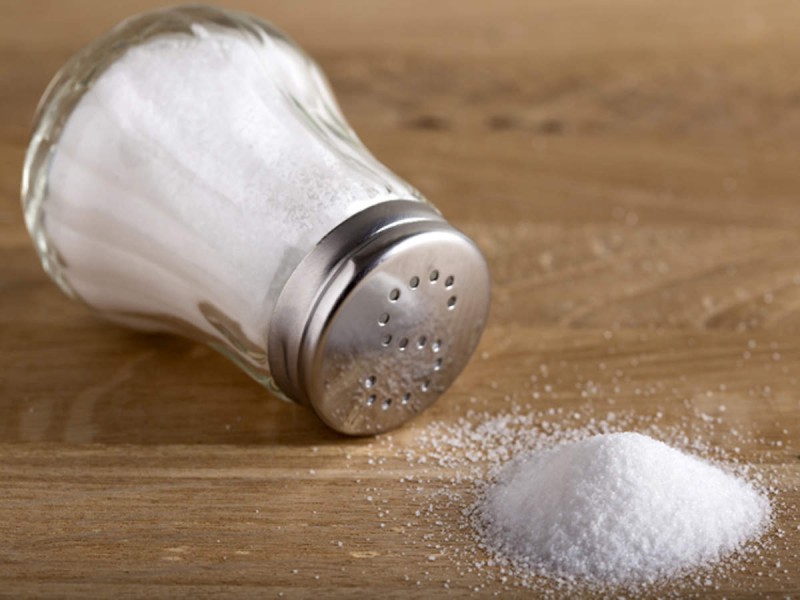
In today's fast-paced world, it's easy to overlook the impact of our daily dietary choices. One such choice, the consumption of salt, has been under scrutiny in recent research. Surprisingly, it turns out that if you're consuming more than 5 grams of salt daily, you may be unknowingly putting your health at risk. This article explores the findings of recent research that highlights the potential dangers associated with excessive salt intake.
Salt, chemically known as sodium chloride, is a common seasoning used in almost every cuisine across the globe. It's an essential mineral for the human body, playing a crucial role in maintaining proper fluid balance, nerve function, and muscle contractions.
According to health guidelines, the recommended daily salt intake for an average adult is around 2,300 milligrams, which is roughly equivalent to one teaspoon of salt. However, many individuals significantly exceed this limit.
High blood pressure, also known as hypertension, is a leading risk factor for heart disease and strokes. Excessive salt intake has long been associated with an increased risk of developing high blood pressure.
Our kidneys play a vital role in regulating sodium levels in the body. When salt intake is consistently high, it can put extra strain on the kidneys, potentially leading to kidney disease over time.
Recent research has unveiled a surprising link between excessive salt consumption and an increased risk of developing type 2 diabetes. While the exact mechanisms behind this connection are still being studied, the findings are raising concerns among health experts.
One of the main culprits behind soaring salt consumption is the prevalence of processed foods. These products often contain hidden, high levels of salt to enhance flavor and prolong shelf life.
Restaurant meals and fast food options are notorious for their salt content. Dining out frequently can significantly contribute to exceeding daily recommended salt levels.
One of the first steps towards reducing salt intake is becoming a mindful consumer. Reading food labels can help you make informed choices and opt for lower-sodium options.
Cooking at home allows you to have full control over the ingredients used in your meals. Experiment with herbs and spices as alternatives to salt to flavor your dishes.
Simply being aware of your salt intake and making conscious efforts to reduce it can go a long way in safeguarding your health. Small changes can yield significant results. In conclusion, the research is clear: consuming more than 5 grams of salt daily can lead to a myriad of health problems, including high blood pressure, kidney issues, and an increased risk of diabetes. It's essential to be mindful of your salt intake and make conscious choices about what you eat. By doing so, you can take proactive steps to protect your long-term health.
Boosting Male Fertility: A Comprehensive Guide to Fertility-Enhancing Foods
You can visit Istanbul in this much money, it will not be a burden on your pocket